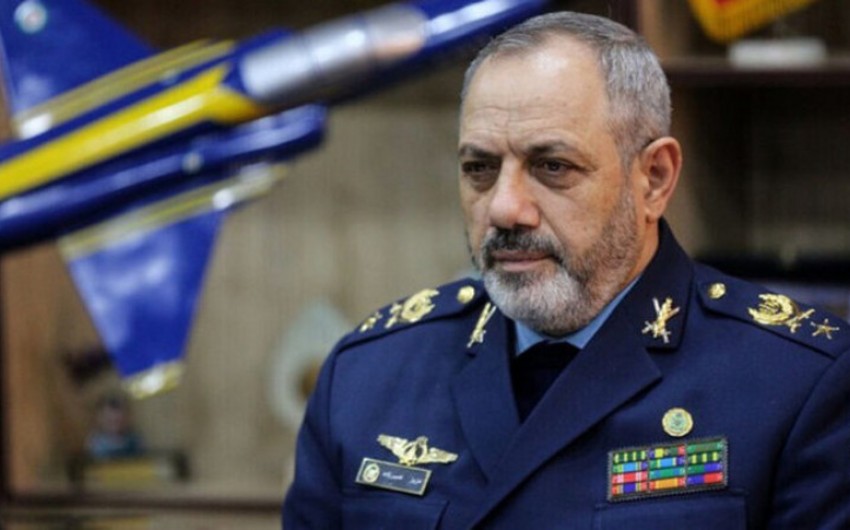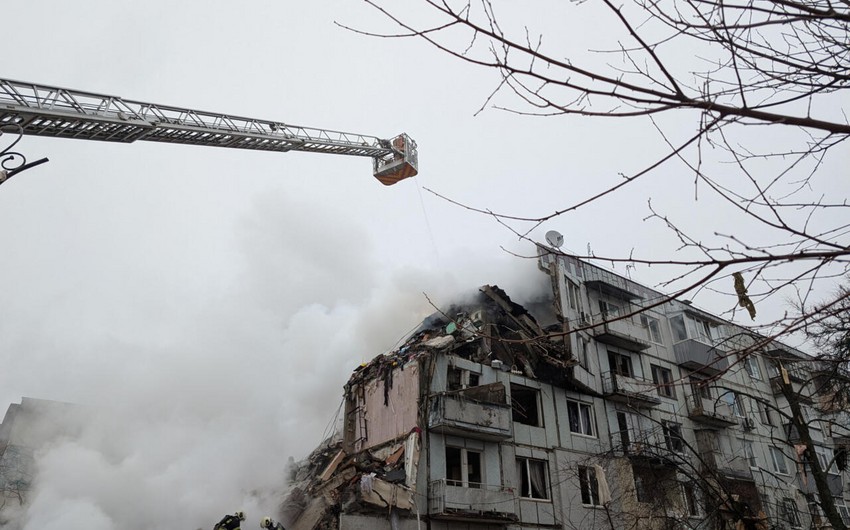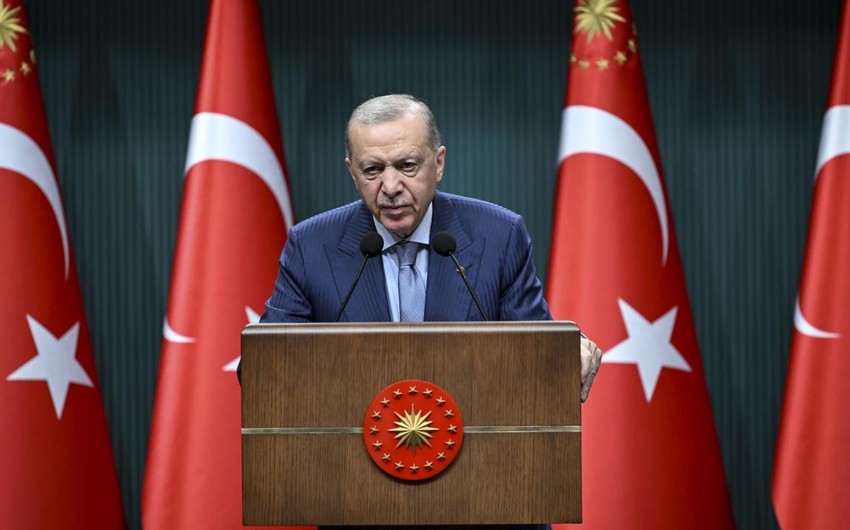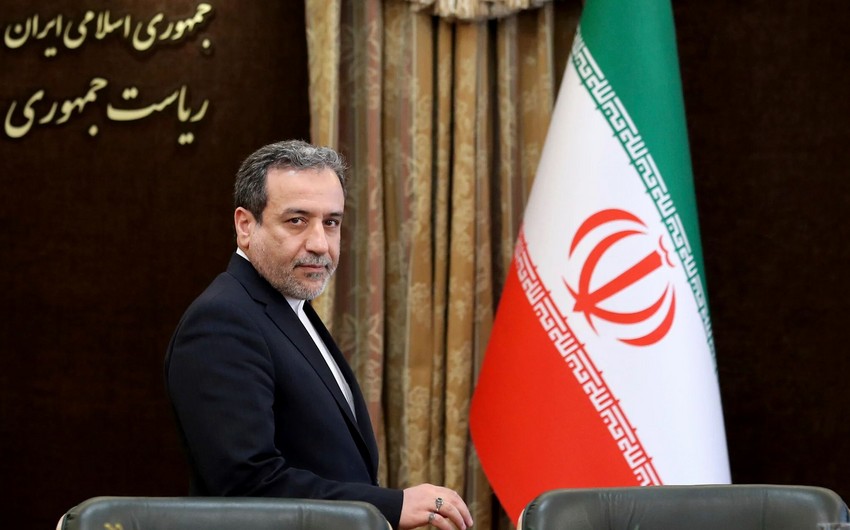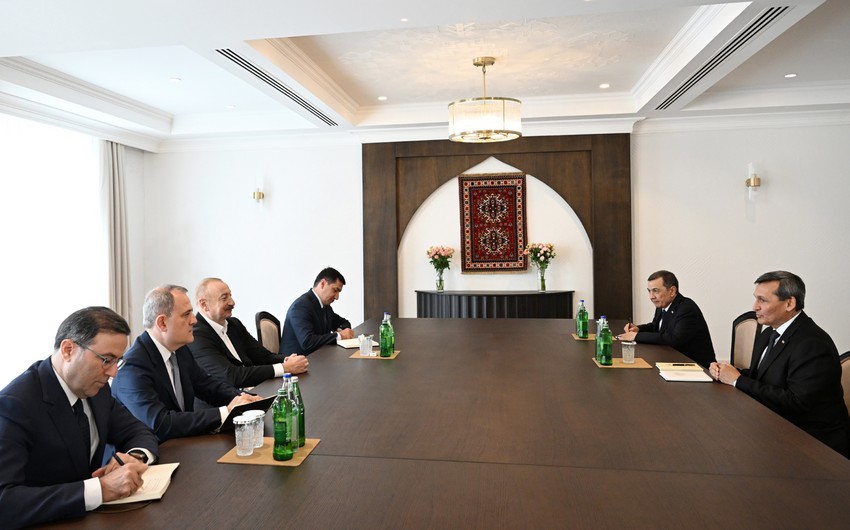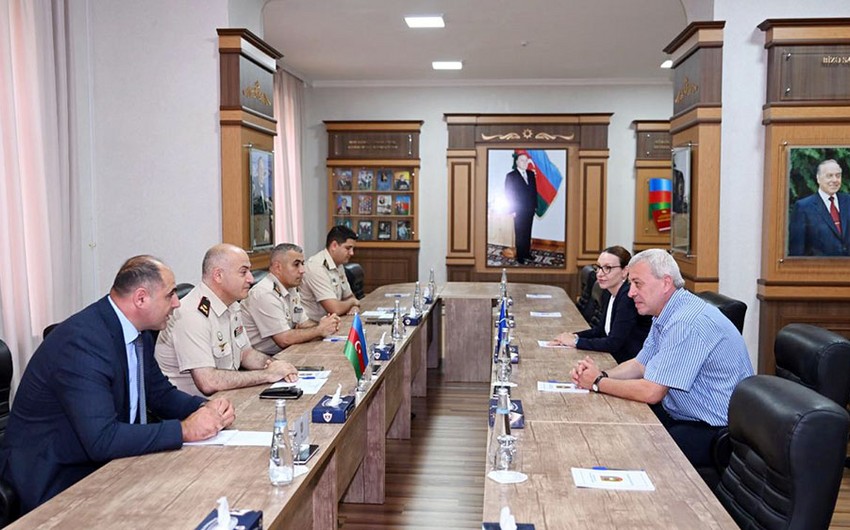Iran will target all US military bases in the Middle East if a conflict breaks out with the United States, Iranian Defense Minister Major General Aziz Nasirzadeh said, Report informs, citing TASS.
Speaking during a broadcast on Iran’s state television and radio, Nasirzadeh emphasized that Tehran remains committed to diplomatic efforts, but warned that Iran is fully prepared to respond militarily if necessary. “Some representatives of the [American] side are threatening that if negotiations fail, it will lead to a confrontation. I hope the talks end successfully, but if we are forced into an armed clash, the enemy's losses will undoubtedly be greater, and the US will have to leave the region,” the defense minister stated.
Nasirzadeh underlined that all American military installations in the region are within Iran’s missile range and would be targeted “without hesitation” in the event of escalation. He added that Iran has continuously strengthened its defense capabilities and is ready to respond to any aggression with decisive force.
These statements come amid heightened tensions between Tehran and Washington over issues such as Iran's nuclear program, regional influence, and the presence of US forces in the Middle East. Despite ongoing diplomatic efforts, including indirect talks on reviving the 2015 nuclear deal (JCPOA), mutual distrust and inflammatory rhetoric have raised fears of potential conflict.
Analysts note that Iran’s warning is part of a broader strategy of deterrence aimed at discouraging any military moves against the country, while reinforcing its influence in neighboring states such as Iraq, Syria, and Lebanon, where US forces are also present.
The remarks by Nasirzadeh are likely to draw international attention and concern, especially among Gulf countries hosting American military bases, including Qatar, Bahrain, the United Arab Emirates, and Kuwait.
The United States has not officially responded to the latest threats, but has previously reiterated its commitment to defending its forces and allies in the region.
Fatima Shukurova // EDnews

